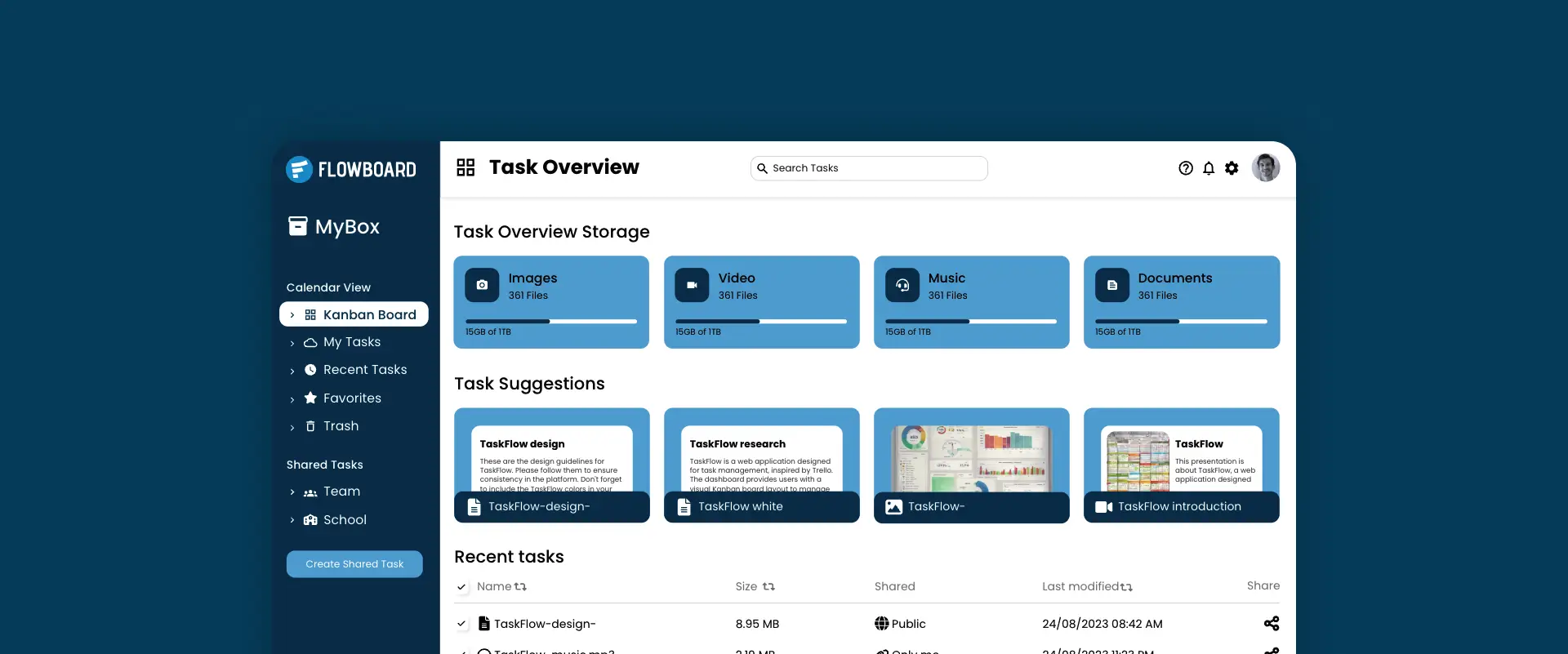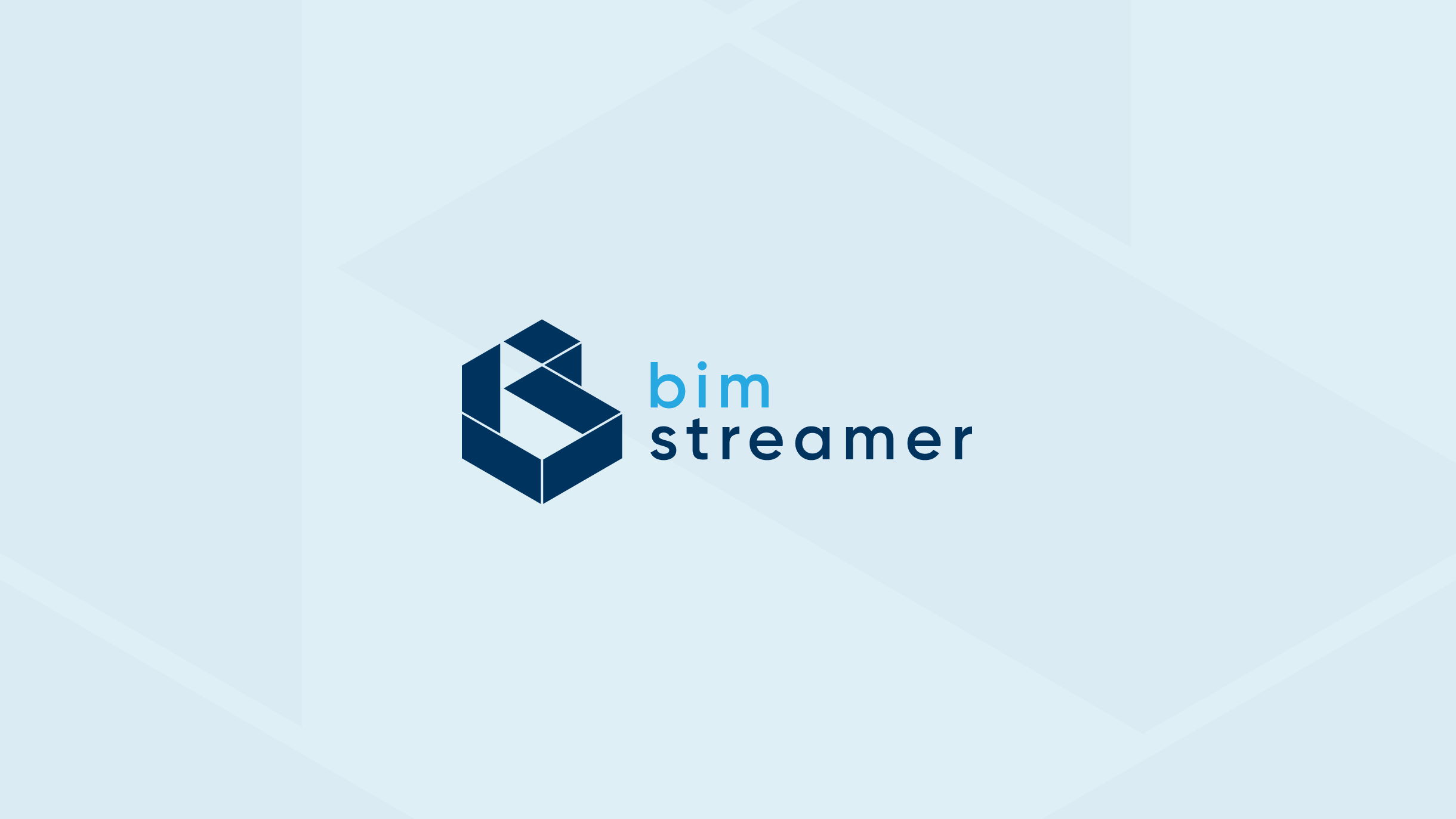Process management system for the Ministry of Finance
See how we implemented SSO for companies to ensure secure automation processes in the Customs Chamber.

We are an IT team that combines cybersecurity knowledge with experience in application design. We create and implement automation and solutions based on AI, as well as increase the security of systems through, among others, OWASP security tests, implementation of SSO and 2FA.

The more processes we automate and move to the digital world, the greater the risk that sensitive data will end up in the wrong hands. According to the Komputronik report, 57% of respondents see internal threats (such as unauthorized access) as a problem already present in the company where they work. This means that the lack of adequate safeguards is not an abstract risk, but an everyday occurrence in more than half of organizations. The scale of the problem is growing, and cybercriminals can take advantage of it.
We will check for you whether confidential data (e.g. prices, personal data or know-how) enter the AI models which are used in your company and carry out penetration tests — simulations of adversarial attacks and data poisoning AI attacks. We will take care of protecting AI algorithms from manipulation and data leakage — all in compliance with the OWASP Top 10 standards for AI.
We will implement two-factor authentication (2FA) and single sign-on (SSO) to your business to eliminate the risk of duplicate passwords. We will configure SSO with SAML2, OAuth2 and OpenID Connect protocols, integrating with popular identity platforms. We will introduce 2FA for businesses with support for TOTP, WebAuthn/PassKeys or hardware keys to ensure secure access to systems.
With us you will build a low-code application and automation according to the principle of privacy by design. Additionally, we can perform system security tests based on OWASP Top 10 Web and Top 10 Mobile. We minimize the risk of attacks and leaks — all within industry standards. Bet on secure application development and deploy software with Sagiton.
With pentests of company systems that simulate real hacking attacks, we will verify that the internal data in your enterprise is safe. Discovering vulnerabilities in applications is just the first step — after testing, we'll tell you what you need to do to keep your company's data safe, and help you implement patches.
Need help with cybersecurity? Book a free consultation with our specialist
Free consultationSee how we implemented SSO for companies to ensure secure automation processes in the Customs Chamber.
.png)
Read the case study and learn how we created the threat detection process and integration with OWASP security monitoring.

Secure login and access for the HR department, helped our client to master the onboarding process.

Want to know more about our projects?
Check Case Studies







We provide comprehensive IT support: server hosting, administration and cybersecurity for companies. Thanks to us, your infrastructure works stably, safely and without unnecessary downtime. Find out more about our services!
Hosting and monitoring
Case Study

BIMStreamer is an application used to manage and distribute BIM files. Building manufacturers use it to store, update and share their BIM model libraries with architects. BIMstreamer streamlines the promotion of building materials, so that manufacturers who use it, easily place their products in architectural projects.

Due to the security of company applications, systems should be regularly verified according to the OWASP Top 10 standard. In the case of BIMstreamer, penetration tests were required under conditions that faithfully replicated production. Pentests directly on the production environment would carry the risk of downtime and data loss.
We performed an IT security audit and found that the application needed updating to provide the latest security against attacks. There was a lack of an adequate protection system that could effectively monitor and block unwanted traffic, such as DDoS attacks or the injection of malicious code. Without this type of security, the application was more vulnerable to threats from the network.
In the older version of the system, all customer data was stored in a single, common database. This meant that one minor error in the SQL query (e.g. no WHERE filter) could result in sensitive information being transferred between clients. This risk posed a serious threat to data privacy and could lead to a loss of user trust.
The problem was also the policy of backing up data, or rather the lack thereof. Faced with potential cyberattacks that could result in the entire data disk being encrypted, the organization would be exposed to serious losses, including the loss of key information. Such a state of affairs could significantly affect the company's operations and its reputation.
To avoid production downtime, we first recreated the entire environment in complete isolation. Then we conducted penetration tests using the white-box method — we verified not only the system itself, but also its source code, database structure and server configuration. We performed the application pentests according to the OWASP Top 10 standards, and the use of technologies such as BurpSuite, Metasploit and Scapy, allowed us to accurately map the attack vectors.
We created a new architecture with separate databases per client. Each new tenant receives its own separate database in PostgreSQL — this eliminates the risk of accidental data mixing. In addition, even in the event of a potential security breach, the attacker only has access to the data of one client, not the entire platform. Thanks to this solution, customers can host databases on their own servers.
We have implemented Web Application Firewall (WAF) with Cloudflare, which provides protection against various types of attacks. WAF analyzes incoming traffic and blocks unwanted queries, protecting the application from potential threats such as DDoS attacks.
We implemented a new backup policy based on Proxmox, which ensured regular, daily backups of all virtual machines. Backups were stored on completely different environments, which further increased their security. Thanks to this, in the event of a cyber attack, it would be possible to quickly restore the data to the state before the incident.
Pentests of the application made it possible to detect security vulnerabilities sufficiently quickly.
10+ Critical Attack Vectors have been eliminated.
The implementation of WAF has increased protection against potential attacks.
Complete isolation of customer data on separate databases has increased confidentiality and data ownership.
Data encryption has secured the system against DDoS and ransomware incidents.
The backup policy eliminated the risk of a cyber attack related to data encryption.

We check compliance with the GDPR in internal processes and applications. We help secure data storage in the EU. Learn more about our GDPR services.
Data Privacy Protection
Cybersecurity
You run a service business and your customers pay their invoices regularly. The processes run smoothly until one day the client reports that he has paid into an account that... does not belong to the company. Invoice fraud? Unfortunately, such situations happen in reality.

Automation of the company
Artificial intelligence (AI) promises to revolutionize business — from implementing process automation to precise forecasting. However, reality often deviates from expectations. Read our article and learn about 5 real examples of the difficulties that organizations face when implementing AI.
We perform software security audits and implement required patches so that our customers don't have to worry about threats. Contact us and arrange a free consultation!

Thank you for contacting us!